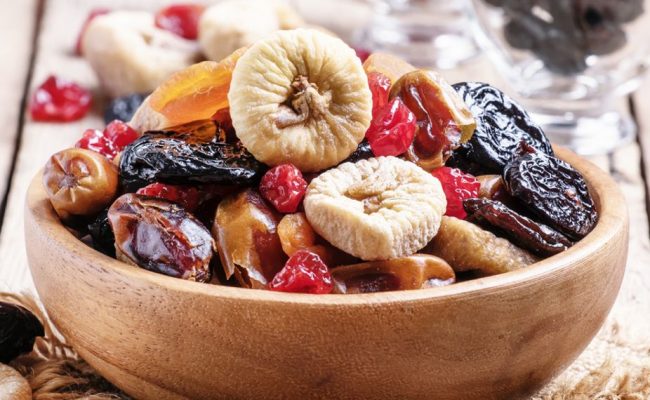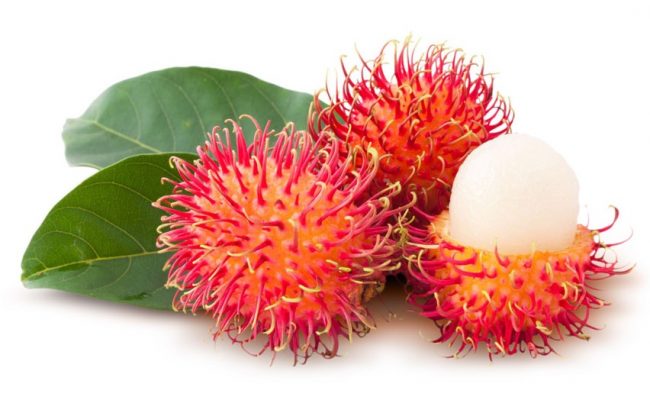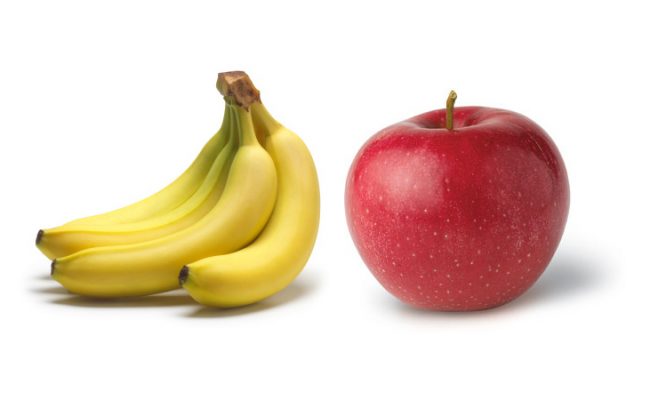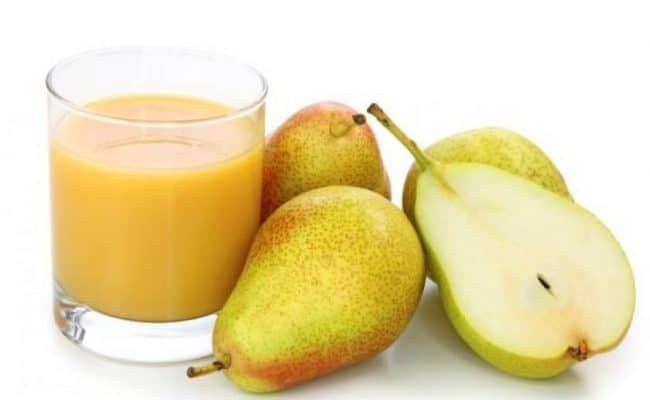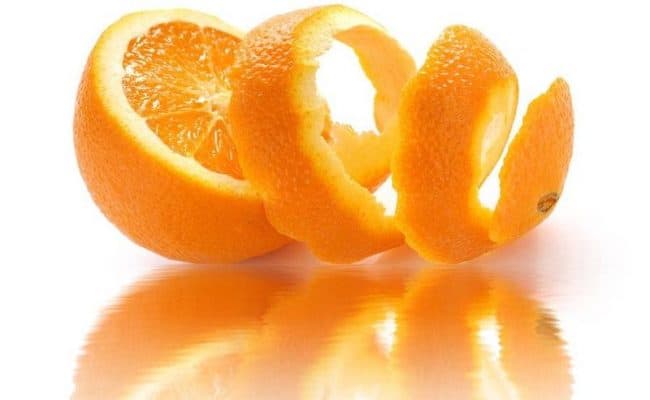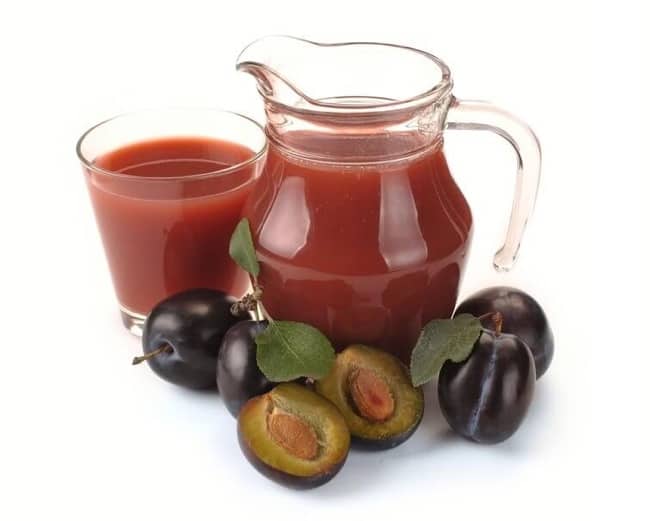
Prunes (dried plums) are a good source of fiber, vitamins, minerals and antioxidants. Adding prunes or prune juice to your diet can add many health benefits. Probably the best known association with prune juice is its laxative effect.
Consuming prune juice can help prevent or treat constipation, but prune juice can do much more than this.
Prune juice can help lower blood pressure, provide antioxidants, is a good source of the mineral boron and can positively affect gut bacteria.
If a lot of prune juice is ingested, it could cause gastric distress. Therefore, incorporate prune juice into your diet in small doses or under the direction from a health professional.
Laxative effect
Prune juice is commonly associated as a mild laxative. A 2007 study (1) tested the effects prune juice had on gastrointestinal function in healthy adults.
Participants drank 125mL of prune juice twice a day for 2 weeks, and there was a baseline period of a week before and after the 2 week of prune juice supplement. Participants recorded bowel movements and gastrointestinal symptoms over the 4 weeks.
Researchers found the prune juice period did have a mild laxative effect, and flatulence was higher during the prune juice 2 week period.
Researchers concluded prune juice may offer an alternative to other laxatives for mild constipation.
Prune juice and heart health
A diet high in fruits, vegetables, whole grains, low fat dairy and legumes is associated with helping to lower blood pressure.
A diet emphasizing these foods provides adequate amounts of calcium, magnesium and potassium which can all contribute to lowering blood pressure.
Incorporating prunes or prune juice may also have a beneficial effect on blood pressure.
A 2010 study (2) analyzed the effect prunes specifically had on blood pressure in 259 study participants.
Participants were separated into one of two groups: one drank prune juice and ate either 3 or 6 prunes soaked in water, and the other group only supplemented with plain water.
Researchers found the prune group had significantly lower blood pressure after 8 weeks compared to the group that only had the water.
The prune group also had significantly lower LDL cholesterol compared to the water group. Based on these results, researchers concluded prunes can offer cardiovascular protective benefits.
The combination of potassium, fiber and antioxidants may offer heart health benefits. One cup of prunes provides about 36% DV of potassium.
Antioxidants
All fruits and vegetables are good sources of various antioxidants, and prunes are no exception.
Compounds in prunes have been found to inhibit LDL cholesterol oxidation (3). Protecting LDL cholesterol from oxidizing can help lower risk for cardiovascular disease.
Eating more prunes or prune juice may help protect against chronic diseases such as heart disease and certain cancers. According to Medical News Today, prunes contain compounds that have been shown to prevent cell mutation and fight cancer cell formation.
Compared to other dried fruits, prunes have some of the highest levels of antioxidants.
Good source of Boron
According to a 2010 article (4) on potential health effects of prunes, a 100 gram serving of prunes provides the daily requirement for boron.
Getting enough boron may help lower risk for osteoporosis. Therefore, prunes and prune juice may be considered bone building foods along with calcium and vitamin D foods.
Some research suggests prunes may help lower bone density loss associated with radiation treatment.
Boron is also needed for mental acuity and muscle coordination.
Gut bacteria
A 2017 study analyzed the effect prunes can have on intestinal bacteria and blood cholesterol levels.
Study participants were put into one of three groups: placebo group, 50 mL prune essence concentrate (PEC) or 100 mL of PEC per day for 4 weeks.
Researchers found the PEC groups had a positive shift in gut bacteria levels which suggests prunes may promote the growth of beneficial bacteria in the gut.
Both PEC groups also had lower total and LDL cholesterol after the 4 weeks.
Prune juice and blood sugar
Like other juices, prune juice is a source of simple carbohydrates. However, unlike other juices, prune juice is considered a low glycemic food.
Prune juice does not spike blood sugar levels after drinking it. The reason for this beneficial effect on blood sugar is because of the high sorbitol, fructose and fiber content in prunes.
Precautions with prune juice
Prune juice can offer many health benefits while helping to avoid mild constipation.
Drinking ½ to one cup of prune juice in the morning and possibly another ½- 1 cup after a large meal later in the day may be helpful for constipation.
Drinking more than this amount may cause gastrointestinal discomfort. Adding prune juice to your diet should be done slowly so your body can adjust.
If you have constipation and wonder if prune juice would help, speak with your healthcare team first before adding it to your diet.
Before giving to children for constipation relief, speak with your healthcare team. Children’s needs are different than adults.
Conclusion: Health benefits of prune juice
Prunes are a rich source of many nutrients that can offer many health benefits. Drinking prune juice can be one way to enjoy the health benefits of prunes.
Prune juice’s reputation for acting as a mild laxative is indeed true. It has been shown in research studies to act as a mild laxative which may be helpful for treating mild constipation.
Besides this, prune juice can offer a source of antioxidants that may help protect against chronic disease risk.
Prune juice can provide a significant source of boron to the diet which can be beneficial for bone health and may help lower risk for osteoporosis.
Unlike other juices, prune juice doesn’t cause a spike in blood sugar. Drinking prune juice should be part of a healthy, balanced diet.
It is recommended to eat a variety of fruits and vegetables, so drinking prune juice in place of other fruits and vegetables isn’t recommended.
